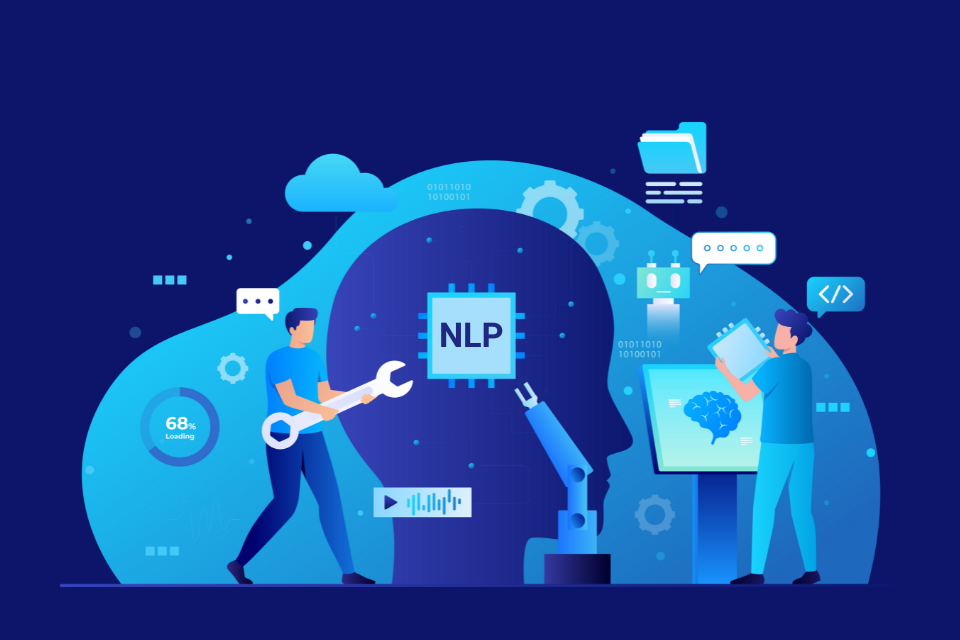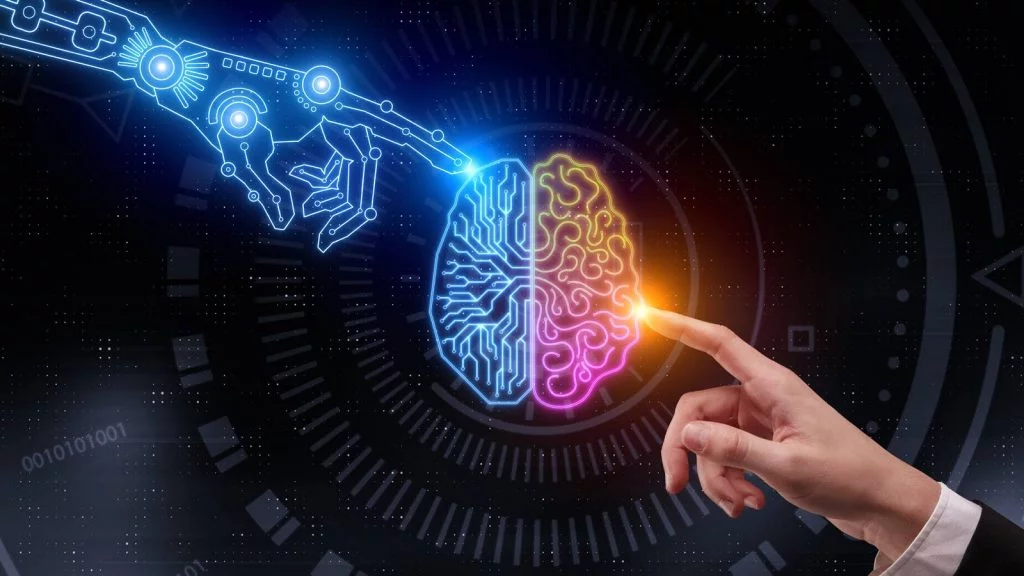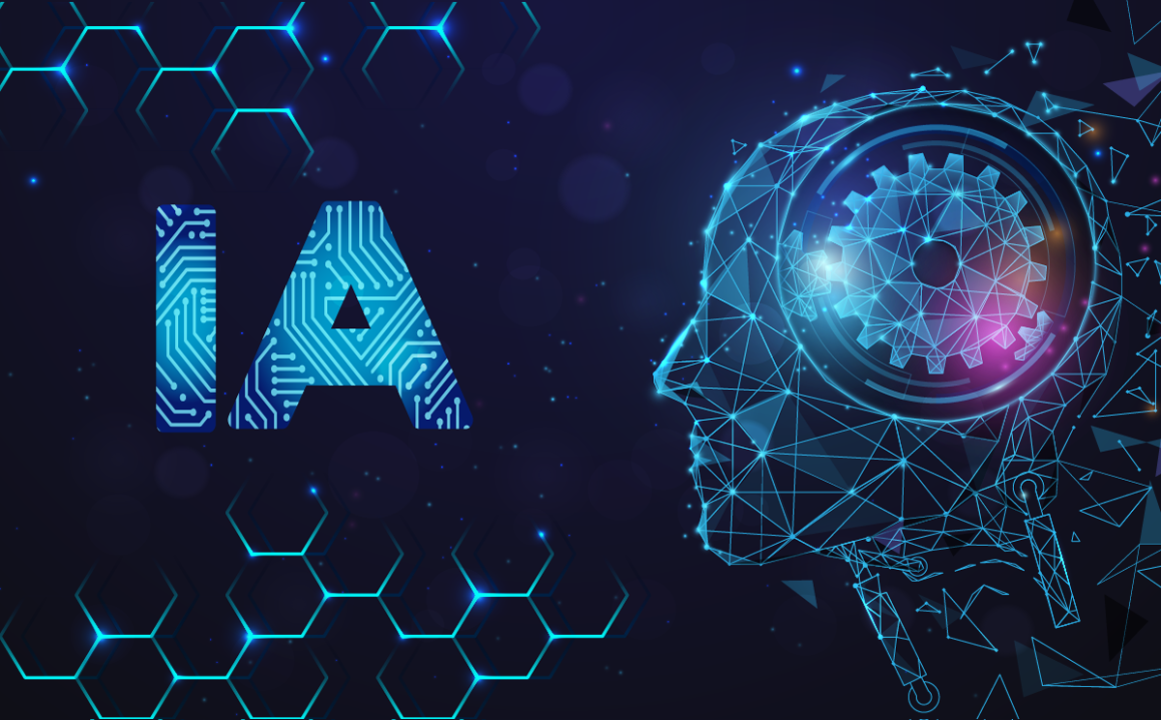Program of an AI Course
AI courses can vary significantly in their content and depth, but they generally cover essential topics to build a solid foundation in artificial intelligence. Below, we'll outline a generalized program structure for an AI course:
- Getting Started with AI:
- Introduction to AI, its historical context, and its practical applications.
- Distinguishing between narrow and general AI.
- The ethical aspects surrounding AI.
2. Mastering Machine Learning Basics:
- Exploring supervised learning, unsupervised learning, and reinforcement learning.
- Delving into algorithms and techniques like regression, classification, clustering, and deep learning.
- Understanding how to evaluate models and assess their performance.

3. Data Science and Data Preparation:
- The ins and outs of collecting, cleaning, and preparing data.
- The art of feature engineering and feature selection.
- Conducting exploratory data analysis.
4. Unlocking the Power of Neural Networks and Deep Learning:
- Understanding artificial neural networks.
- Taking a deep dive into various deep learning architectures, such as CNNs and RNNs.
- Training deep learning models.
5. Natural Language Processing (NLP):
- Text processing techniques.
- Sentiment analysis, text classification, and named entity recognition.
- Building practical applications like chatbots and language models.

6. The Computer Vision World:
- Tackling image processing and feature extraction.
- Navigating object detection, image segmentation, and image classification.
- Examining real-world applications in fields like autonomous vehicles and healthcare.
7. Embracing Reinforcement Learning:
- Understanding Markov decision processes.
- Unpacking concepts like Q-learning and policy gradients.
- Exploring applications in robotics and game AI.
8. AI Ethics and Bias Mitigation:
- Delving into the ethical considerations that come with AI.
- Strategies for identifying and mitigating bias and ensuring fairness in AI systems.
- Responsible practices in AI development.
9. Putting Knowledge into Action with AI Projects:
- Engaging in capstone projects that apply your newfound knowledge.
- Building AI applications or models.
- Solving real-world problems with AI techniques.

Prerequisites for Starting an AI Course
While AI courses cater to various skill levels, most of them expect you to have a solid foundation in certain concepts. Here are the typical prerequisites:
Mathematical Proficiency: You'll need a strong grasp of linear algebra, calculus, and probability theory as they form the mathematical backbone of many AI algorithms.
Programming Skills: Proficiency in at least one programming language, preferably Python, is essential. Familiarity with libraries such as NumPy, pandas, and TensorFlow/PyTorch can be highly advantageous.
Computer Science Fundamentals: Some familiarity with algorithms and data structures can be beneficial.
Statistics Knowledge: A basic understanding of statistics will aid in comprehending data and evaluating model performance.
Domain-Specific Knowledge: Depending on your intended AI application area (e.g., healthcare, finance, gaming), relevant domain knowledge can give you an edge.

Examples of Existing AI Courses
- Stanford University's "Deep Learning Specialization":
- Taught by renowned AI experts, this series of courses delve deep into neural networks and deep learning.
- It includes real-world projects to apply what you've learned.
2. edX's "Artificial Intelligence" MicroMasters Program:
- Comprehensive program covering various aspects of AI.
- Offers a pathway to a MicroMasters certificate from top universities.
3. Fast.ai's "Practical Deep Learning for Coders":
- Focuses on practical applications of deep learning.
- Beginner-friendly and known for its hands-on approach.
4. Coursera's "Machine Learning" by Andrew Ng:
- An excellent introduction to machine learning and its practical applications.
- Covers essential topics and provides hands-on experience.

Starting an AI course is like embarking on a thrilling journey into the world of artificial intelligence. With the right course and prerequisites in place, anyone can acquire the skills necessary to tackle AI projects and make significant contributions to this ever-advancing field. As AI continues to revolutionize industries and society at large, these courses offer a crucial foundation for those aspiring to be at the forefront of innovation and technology.





